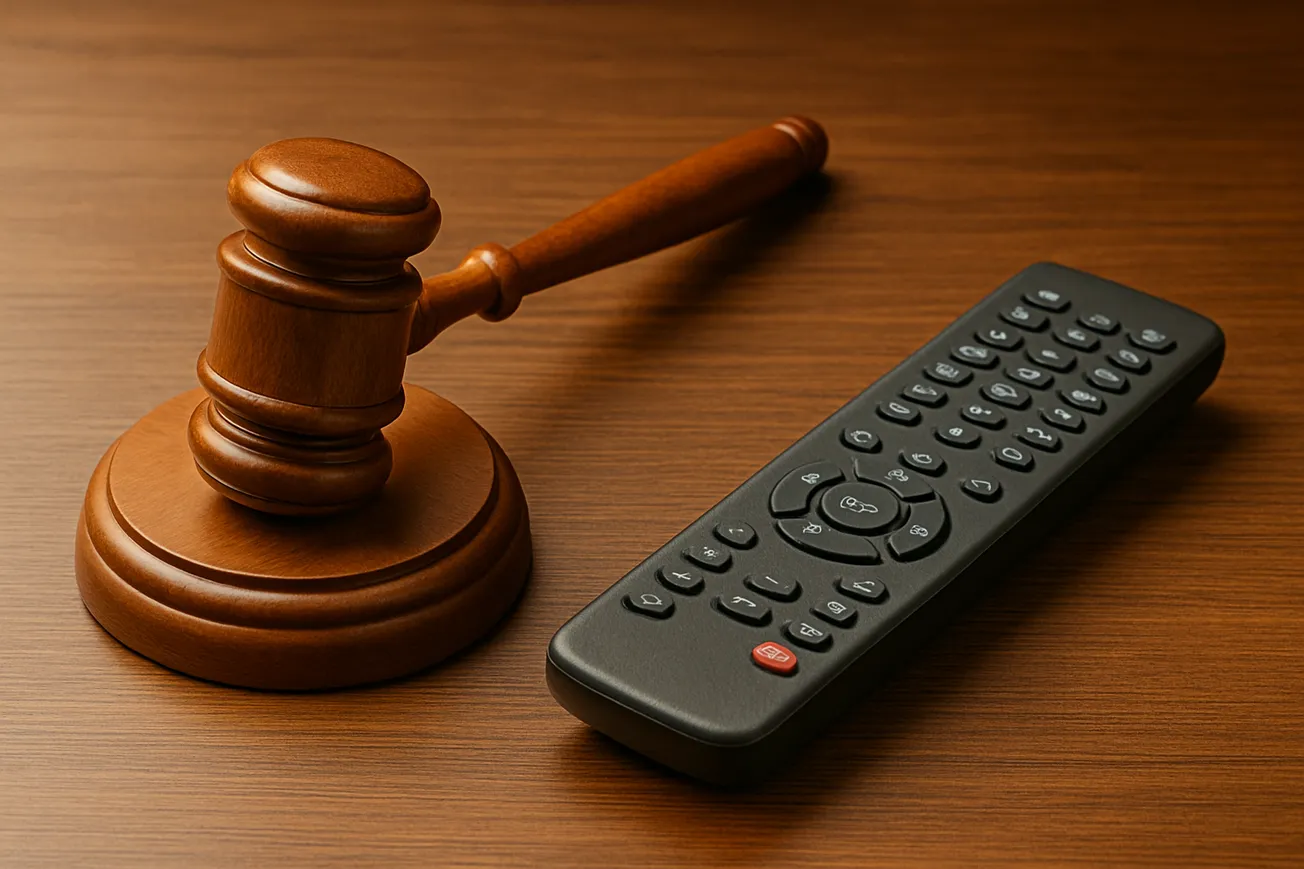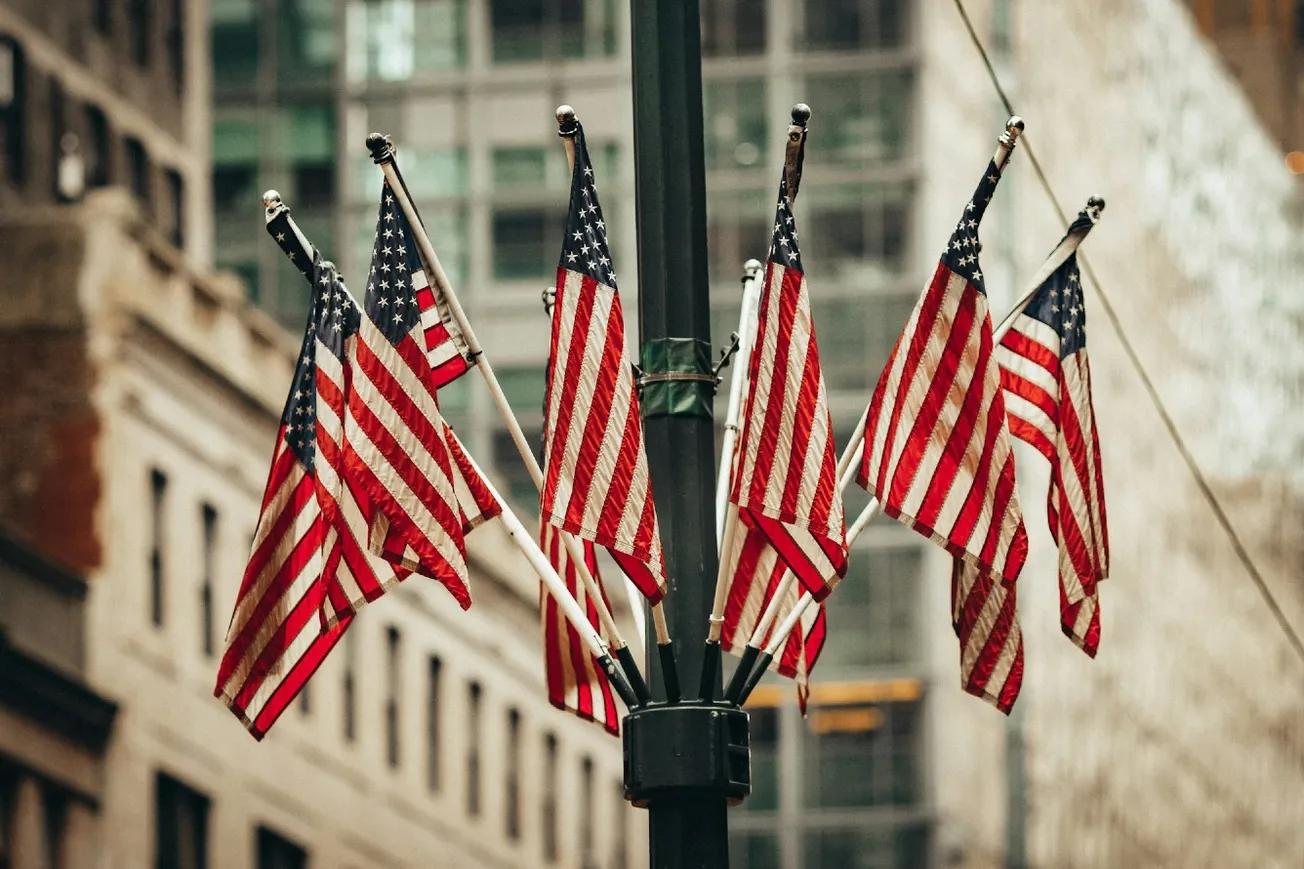On Sunday, the New York Times published an agonizingly long 4,200-word article on how former President Trump's allies are winning the war over disinformation.
"Waged in the courts, in Congress and in the seething precincts of the internet," the counteroffensive over censorship waged by Trump and his allies "has eviscerated attempts to shield elections from disinformation in the social media era."
The piece was a list of familiar liberal grievances around a central question: "In a world of unlimited online communications, in which anyone can reach huge numbers of people with unverified and false information, where is the line between protecting democracy and trampling on the right to free speech?"
The article's timing was to help influence the Supreme Court, which heard oral arguments on Monday in a lawsuit filed by the attorneys general of Missouri and Louisiana about how federal officials force social media platforms to limit speech critical of the government.
As ardent believers of free speech, we have repeatedly stressed in these pages that there should be no line as long as the speech is legal. Social media platforms have already established terms of use prohibiting any expression of criminal speech -one can't plan a drug deal or architect a crime.
The majority of speech on the Internet is civil, meaning it is not criminal. People may not be civil to each other, but this often happens during a vigorous debate. There are no legal contracts between people on a social media platform, so they are free to dispute facts and opinions all they want. The benefits of vibrant interactions in the public sphere thwart any harm resulting from disinformation.
Indeed, some people may express opinions that most others may find distasteful. In the 1988 Supreme Court case, People vs. Larry Flynt, attorney Alan Isaacman argued that Hustler magazine's parody depiction of the Rev. Jerry Falwell having sex with his mother, distasteful as it may have been, was permitted under the constitution: "This country is founded, at least in part, on the firm belief that unpopular speech is vital to the health of our nation." In an 8–0 decision, the Court agreed and held that the ad's infliction of emotional distress on Falwell was insufficient to deny the First Amendment protection of Hustler magazine to criticize public officials and figures.
Unfortunately, the modern establishments’ battle to constantly control the narrative has taken us far from the righteous path that the Supreme Court laid out for us in Flynt. Until Elon Musk took over Twitter and brought free speech back to one of the largest social media platforms, anything that did not meet the establishments’ speech code was immediately deemed as disinformation and harmful. The code was always under extraordinarily broad and laudable yet ambiguous terms, such as trust, safety, and concern for the public.
On October 14, 2020, the New York Post published a damaging story about then-candidate Biden asserting that Hunter Biden's abandoned laptop carried proof he sold influence while his father served as vice president and the elder Biden knew it. The story sought to sow doubts about Biden's prior statements that he never discussed Ukraine with his son. The Biden campaign immediately squashed the story, saying that it was a product of Russian disinformation.
Within hours of the Post's article appearing on Facebook, the platform had limited the story's distribution. The old Twitter went even further and blocked the article altogether. The reason? The report was based on "unverified material from Trump allies."
On October 19, Politico reported that more than 50 former intelligence officials signed a letter supporting the Biden campaign. In the letter, the signatories said, "If we are right, this is Russia trying to influence how Americans vote in this election, and we strongly believe that Americans need to be aware of this." The letter gave additional justification for Facebook and Twitter to keep the story off their platforms.
Two weeks later, America voted. Four days after the general election, the AP called the race for Biden.
Almost 11 months later, Politico found evidence that some of the purported Hunter Biden laptop material was genuine after all, including "two emails at the center of last October's controversy." On May 16, 2023, the Times conceded in a shocker: "Three years later, no concrete evidence has emerged to confirm the assertion that the laptop contained Russian disinformation and portions of its contents have been verified as authentic." This meant that the letter signed by 50 apolitical intelligence officials - a fact that Biden touted at a presidential debate to ridicule Trump - was nonsense.
The Hunter Biden story exemplifies what happens when central teams at the social media platforms block a story's distribution to prevent "disinformation."
Thanks to Elon Musk, Americans now know what a vibrant social media platform can do to citizen debate. All views are now permitted on X, formally Twitter, without prejudice or bias. Musk's definition of free speech is to allow someone we don't like to say something we don't like, as long as what is said is legal.
Suppose Facebook and Twitter had allowed the New York Post story to spread three weeks before the election? Numerous media outlets would have investigated the story to discover if the "October surprise" was genuine. Even if the facts were not dispositive, sufficient numbers of voters may have developed doubts not to cast a vote for Biden. "Just 44,000 votes in Georgia, Arizona, and Wisconsin separated Biden and Trump from a tie in the Electoral College," NPR reported. We calculated the 44,000 votes to be about a margin of 0.6% in each of these states - a small enough sample that could have swung the election.
It is not a stretch to say that Facebook and Twitter placed a thumb on the scale and probably tilted the 2020 election to Biden. Their disinformation effort, meant to protect democracy, had the opposite effect—wilfully withholding relevant information from voters that may have influenced their choice.
The remedy for wrong speech is not censorship or controlling disinformation but more right speech - a concept Musk has implemented through "Community Notes," when the original post stays and experts who disagree with the author provide information that users can see for themselves.
We fail to understand why the Left does not embrace this simple and elegant solution.









